Debinna Bonnerjee reveals secret remedy for her daughters’ hair growth: ‘Oiling daily is not practical’
Children have more sensitive skin and scalps. A patch test is vital.
August 18, 2025 10:18 IST 1 / 9
1 / 9Actor Debinna Bonnerjee recently spoke about following a popular social media remedy for her daughters' hair growth. According to her, the remedy has worked. "Oiling daily is not practical, especially because you cannot shampoo every day," said Bonnerjee. (Photo: Debinna Bonnerjee/Instagram)
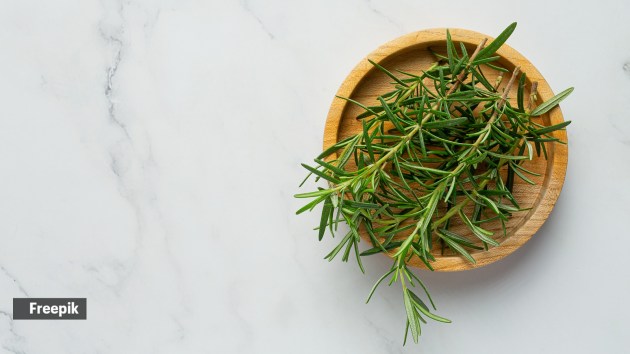 2 / 9
2 / 9Her secret? Rosemary leaves, curry leaves and methi or fenugreek seeds. "Boil it in water till it reduces in quantity. Cool and store it in a spray bottle. This little homemade spray has worked wonders for my daughters," shared Bonnerjee in a post on Instagram. (Photo: Freepik)
 3 / 9
3 / 9How does she use it? "Sprayed before school or at night before bed. Since it is water-based, there is no risk of catching a cold. It absorbs quickly and feels light. Nothing but gives everything. Nourishment, circulation and growth. Zaroorat padi toh khud bhi laga lo (if there is a need, you (parents) can use too)," she expressed. (Photo: Debinna Bonnerjee/Instagram)
 4 / 9
4 / 9Curry leaves are rich in vitamins, amino acids, and antioxidants like beta-carotene, potentially nourishing hair follicles and improving scalp health. (Photo: Getty Images/Thinkstock)
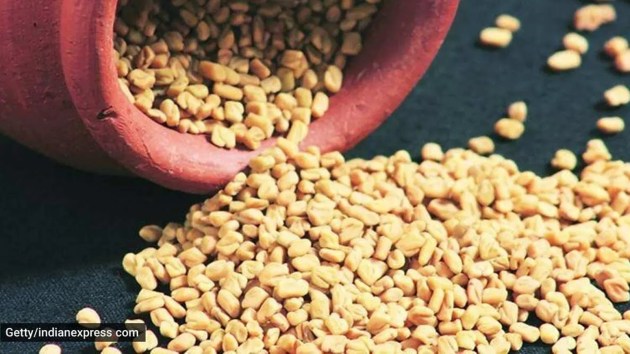 5 / 9
5 / 9Fenugreek (methi) seeds contain proteins, nicotinic acid, and lecithin—known for strengthening hair roots, reducing shedding, and imparting shine. (Photo: Getty Images/Thinkstock)
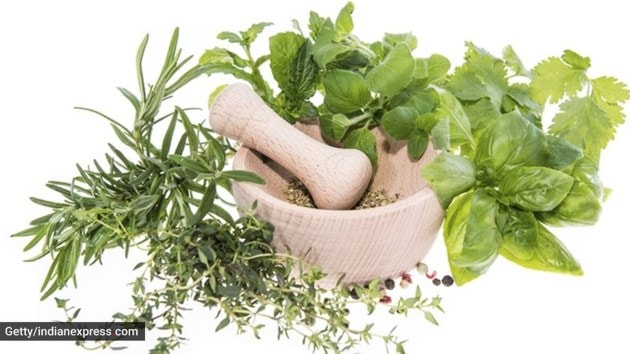 6 / 9
6 / 9Herbs like rosemary has been shown in some studies to promote hair growth, improving circulation to the scalp, said Dr Karuna Malhotra, aesthetic physician, cosmetologist, and skin specialist, Cosmetic Skin and Homeo Clinic, New Delhi. (Photo: Getty Images/Thinkstock)
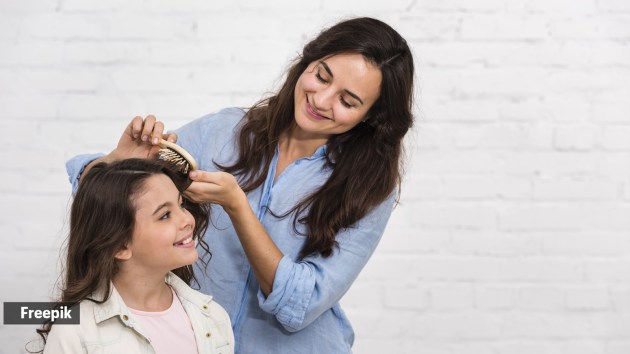 7 / 9
7 / 9According to Dr Malhotra, while essential oils (e.g., pure rosemary oil) have some clinical support, diluted or boiled versions in water (as in homemade sprays) are much less potent, and their effectiveness remains largely anecdotal. "Since it's all natural ingredients and gives no harm, it may help with mild issues like texture improvement or minor shedding, but is unlikely to dramatically boost hair growth or density—especially when used alone," said Dr Malhotra. (Photo: Freepik)
 8 / 9
8 / 9Is it safe for children? Low risk if used properly: Ingredients like curry leaves, fenugreek, and rosemary are generally safe. "However, children have more sensitive skin and scalps. A patch test is vital. Apply a small amount to a covert area (like behind the ear) and observe for irritation or allergic reactions," said Dr Malhotra. Potential concerns: Additives or contamination: If any of the mix carries impurities or is stored improperly, it may irritate the scalp or even introduce bacteria, especially in humid climates. Unknown allergic reactions: Especially with herbs, always watch out for signs like redness, itching, or rash, mentioned Dr Malhotra. Recommended precautions: *Strongly dilute the mixture, ensure it's clean and stored hygienically. *Use only a few times a week, not daily. *Consider a milder base—e.g., infusing in a light carrier oil instead of water for better preservation and skin conditioning, mentioned Dr Malhotra. (Photo: Freepik)
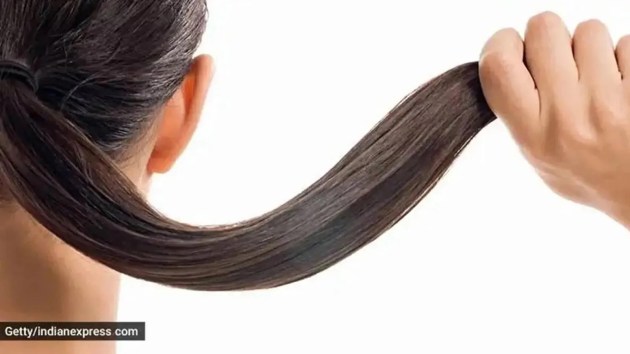 9 / 9
9 / 9What else helps for children as well as adults? Nutrition is key Ensure a balanced diet rich in proteins, iron, vitamins (A, B-complex, C, D), and omega-3s—crucial for healthy hair growth. Gentle scalp care Use mild, age-appropriate, SLS-free shampoos. Avoid overwashing and harsh treatments, said Dr Malhotra. Scalp massage Using a mild, natural carrier oil (like coconut or almond), gently massage the scalp to boost circulation. Great for children when done softly. Avoid tight hairstyles and heat Styles like tight ponytails or frequent blow-drying can damage delicate hair and lead to breakage.
Monitor for underlying concerns Sudden or excessive hair fall could signal nutritional deficiencies or scalp issues. Consult a pediatric dermatologist if needed. (Photo: Getty Images/Thinkstock)











